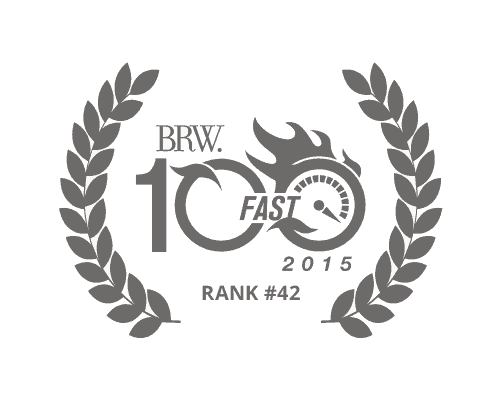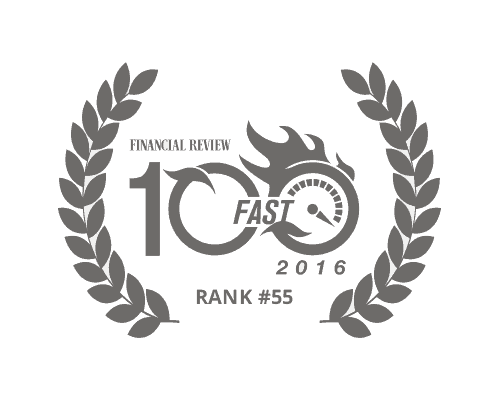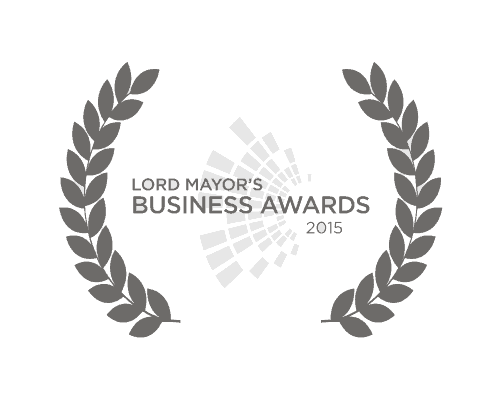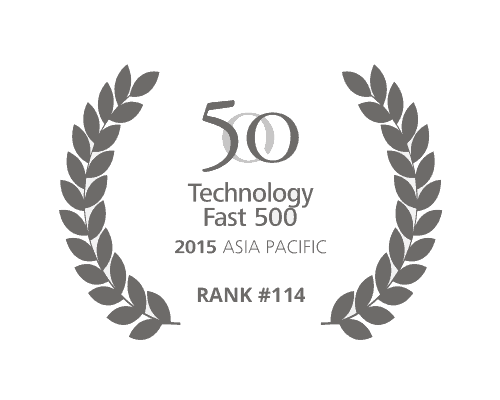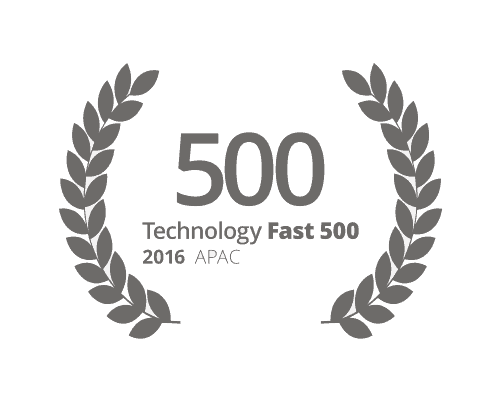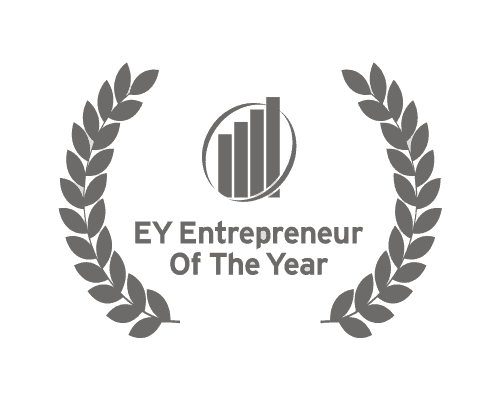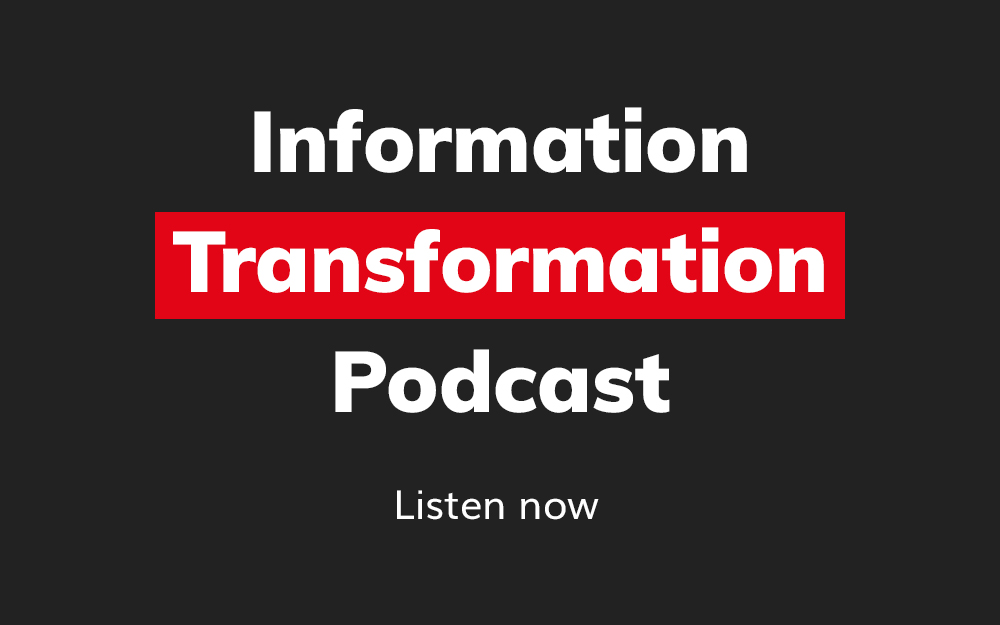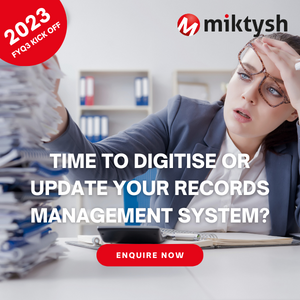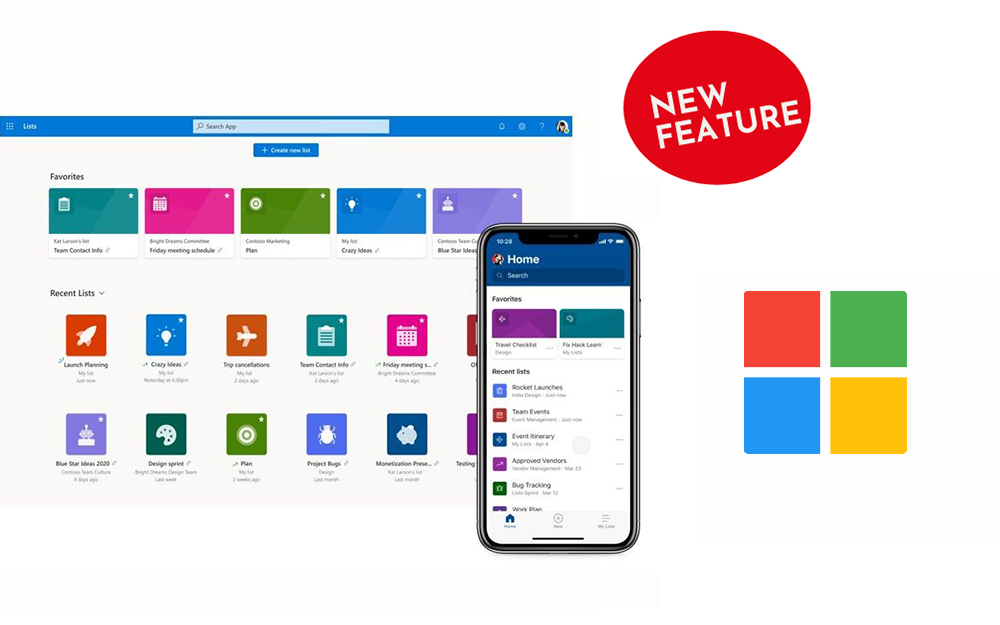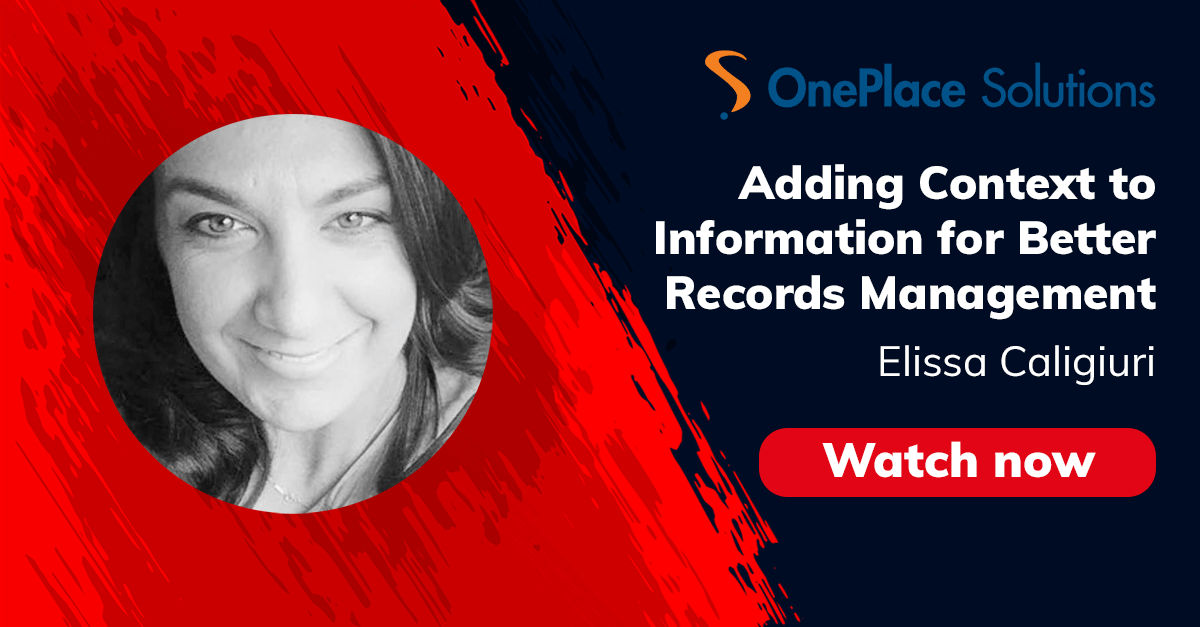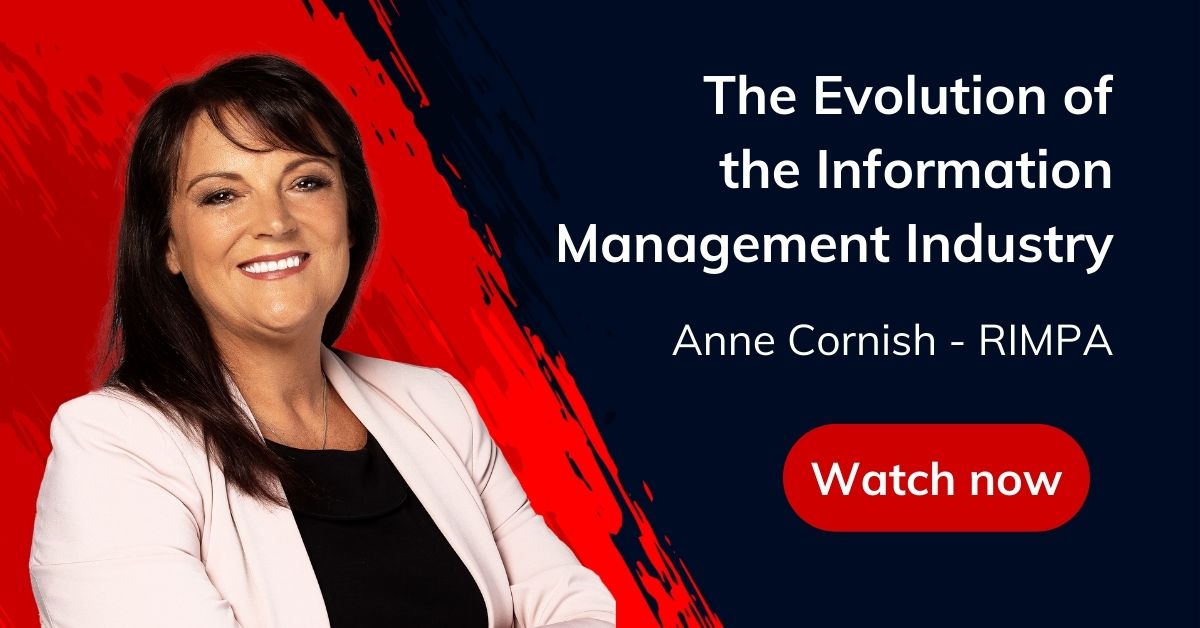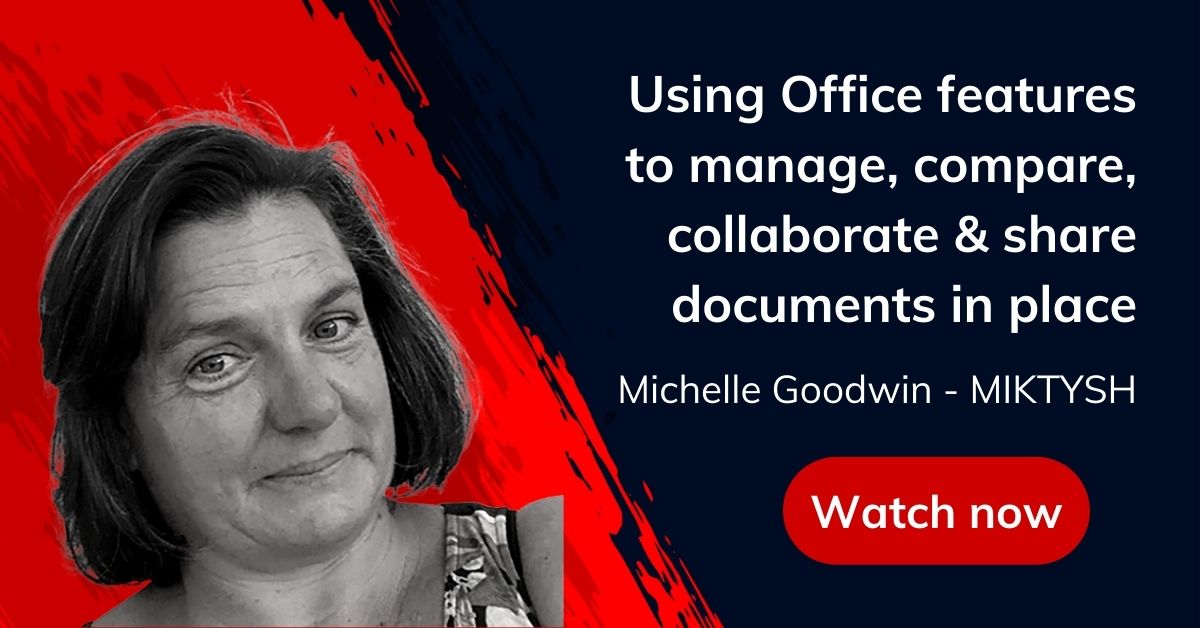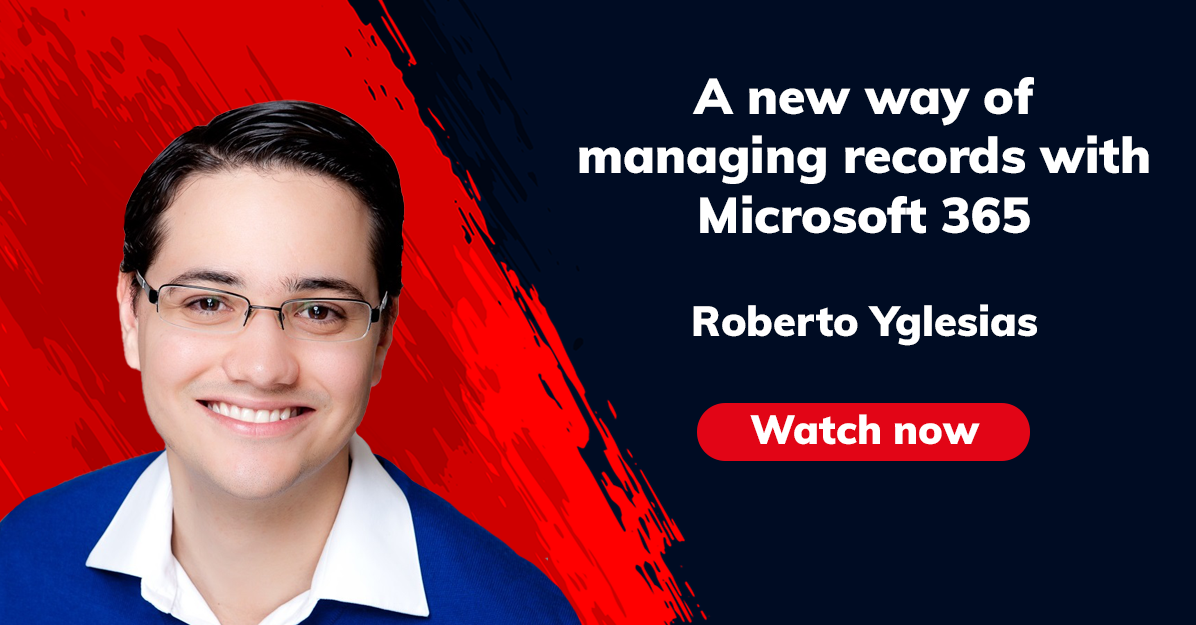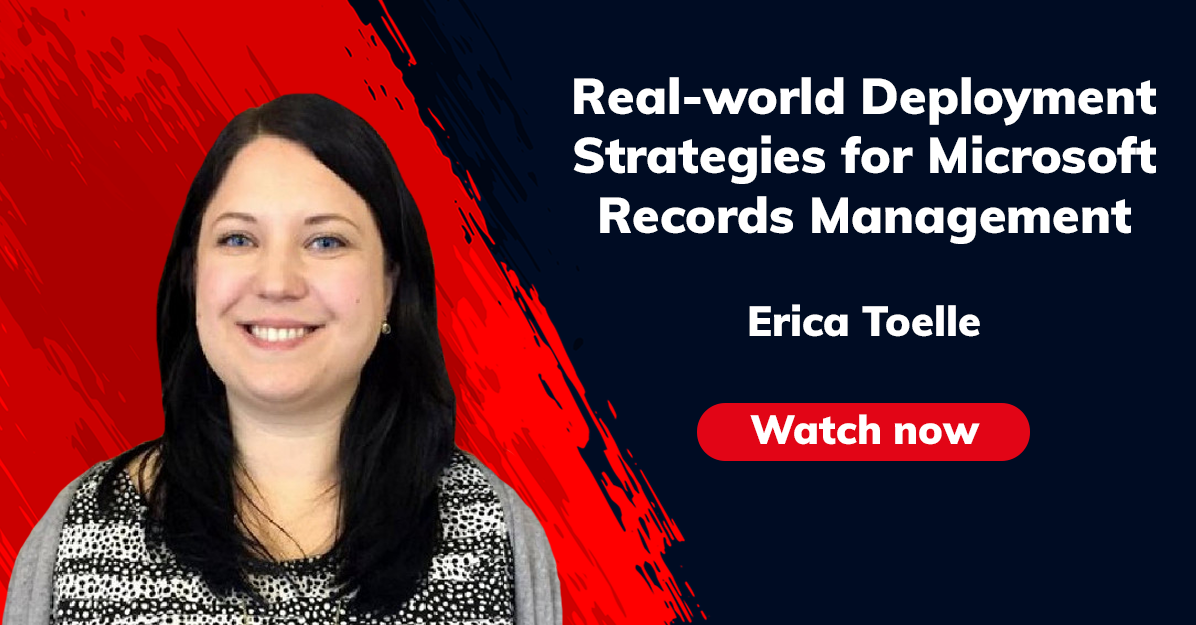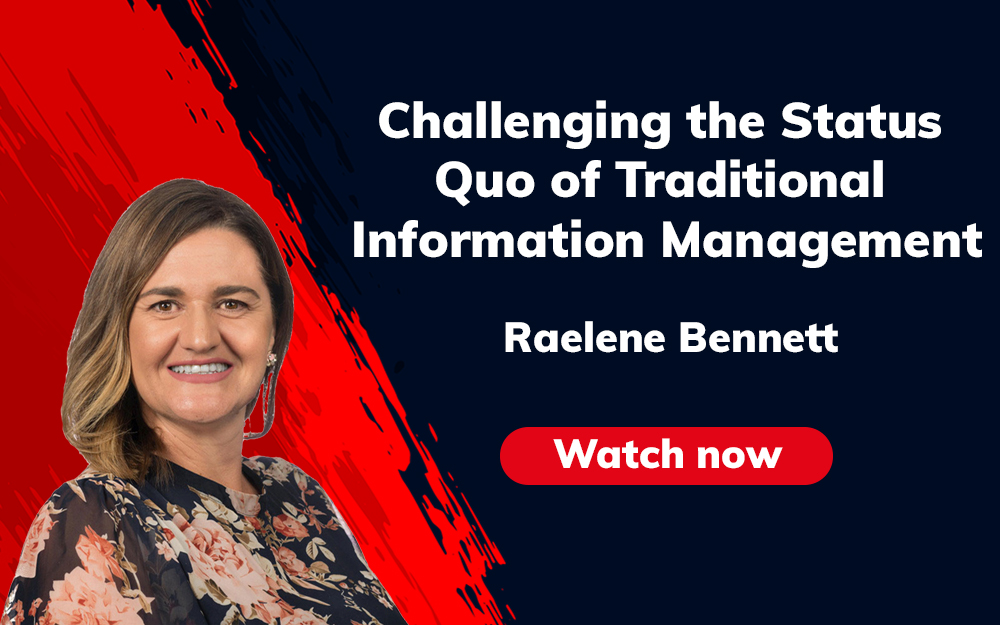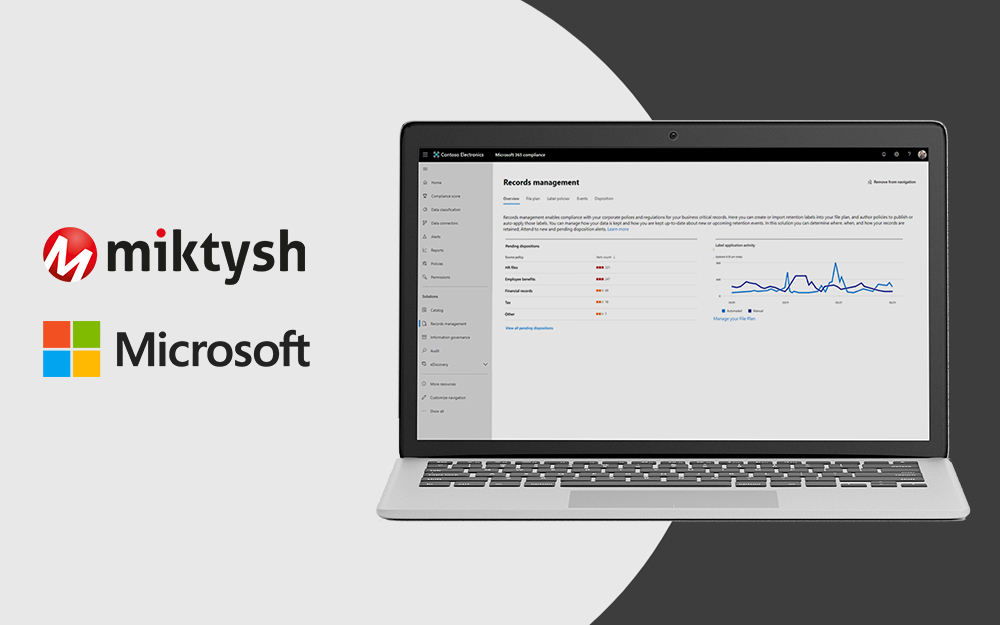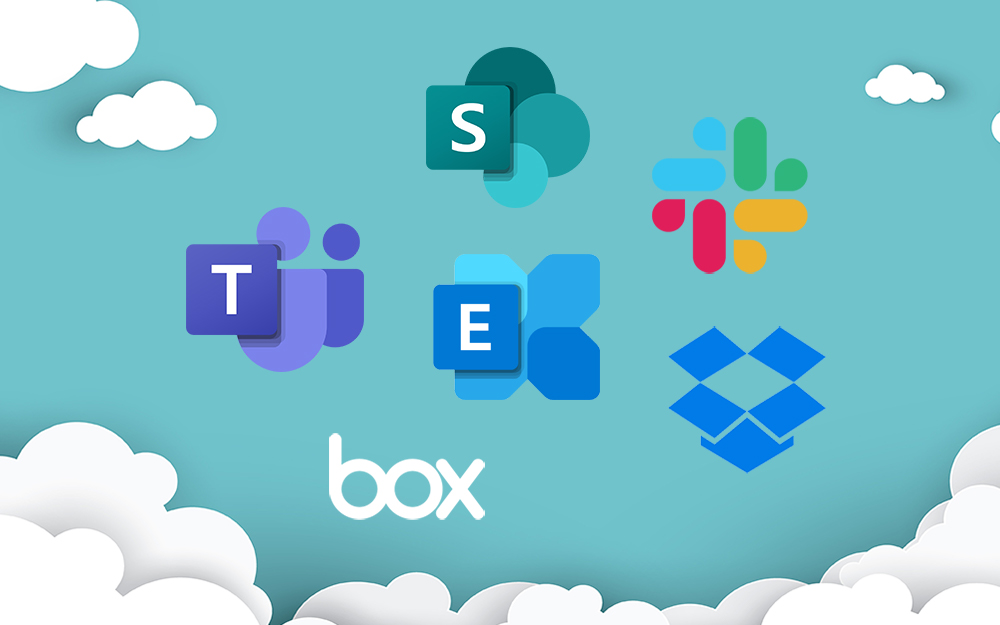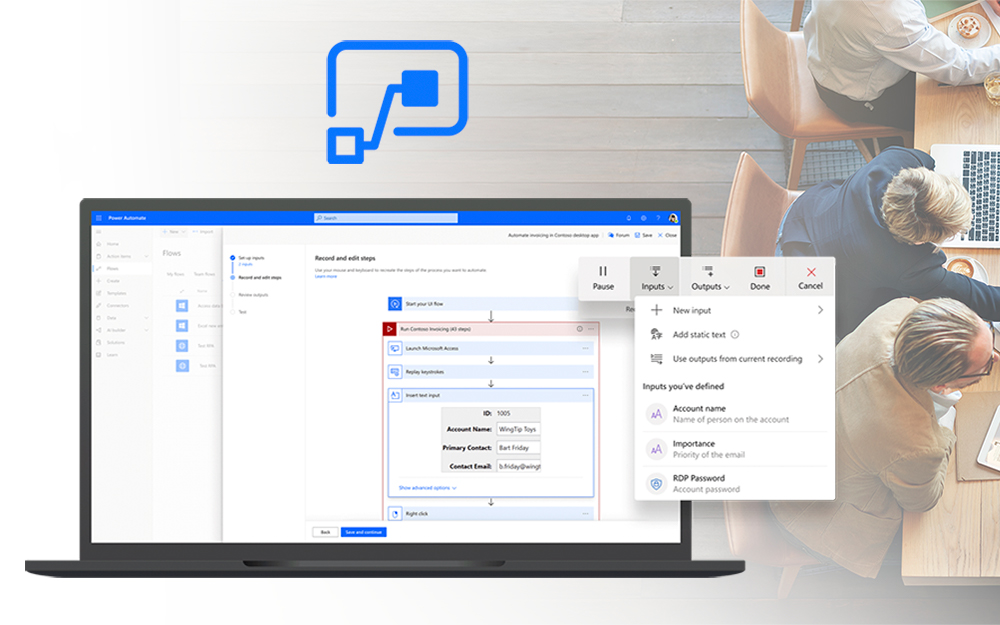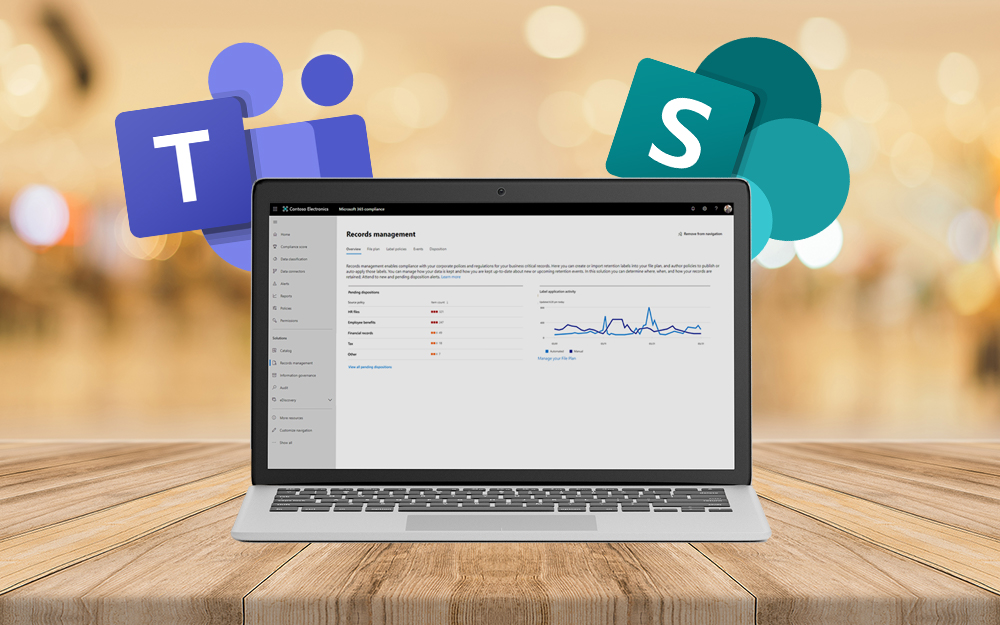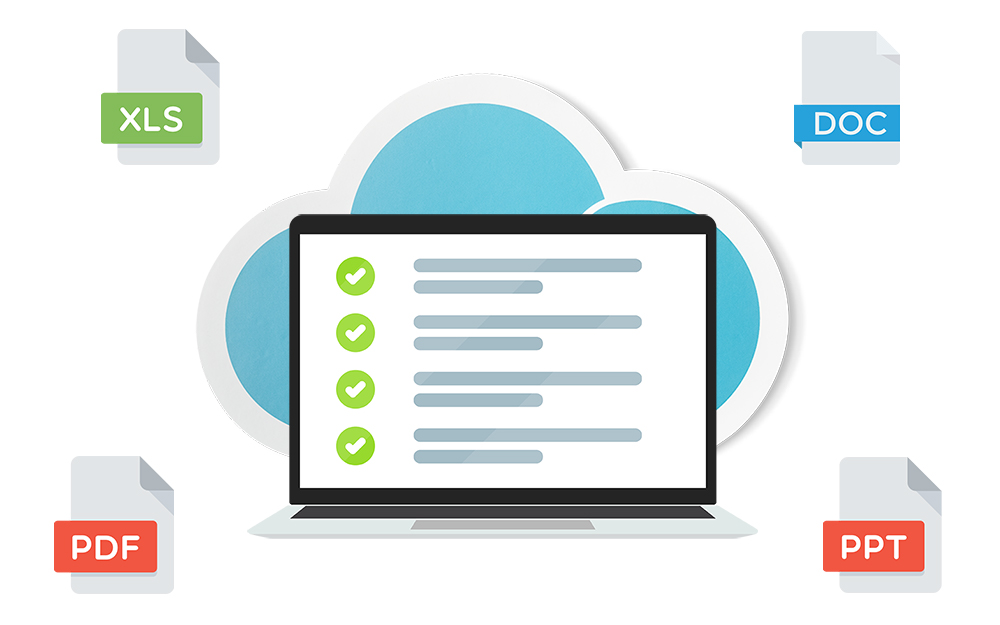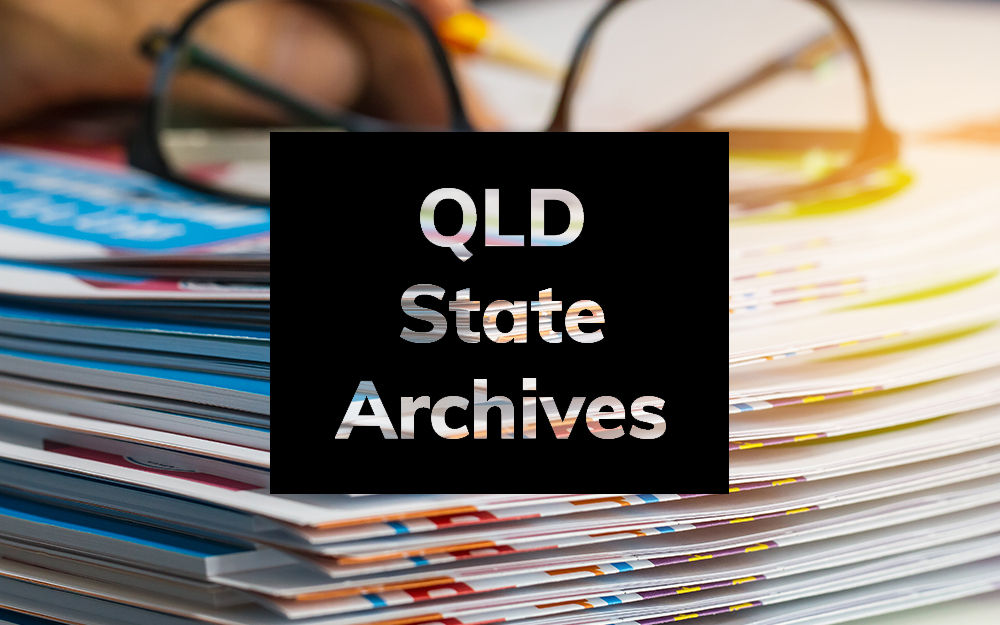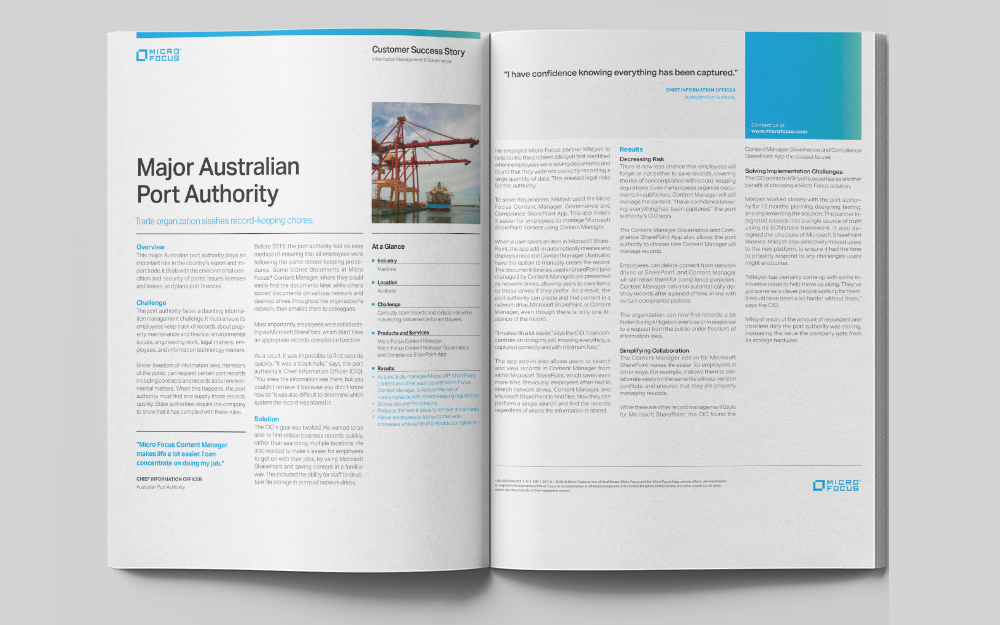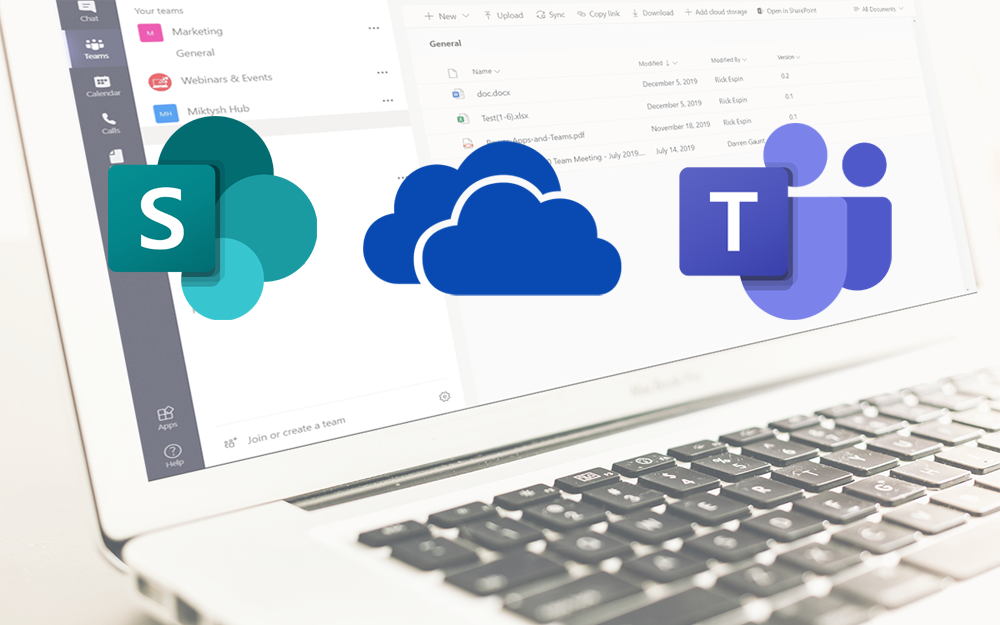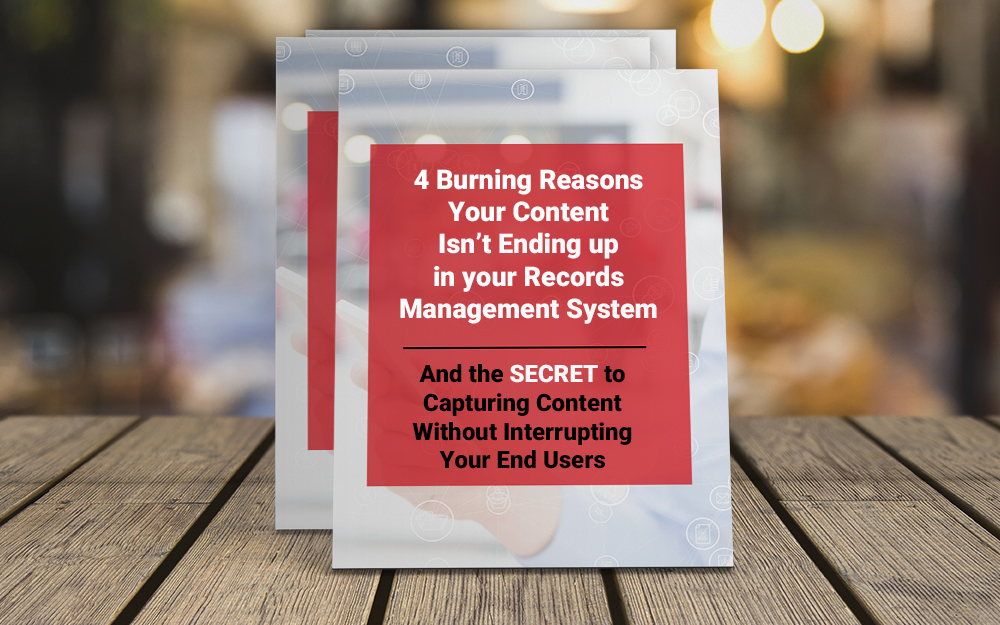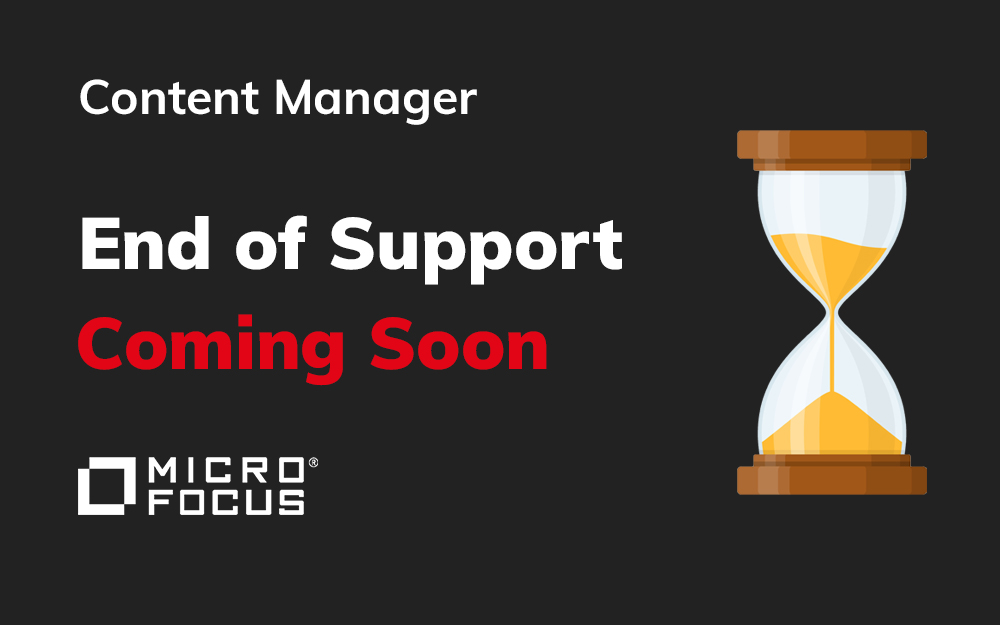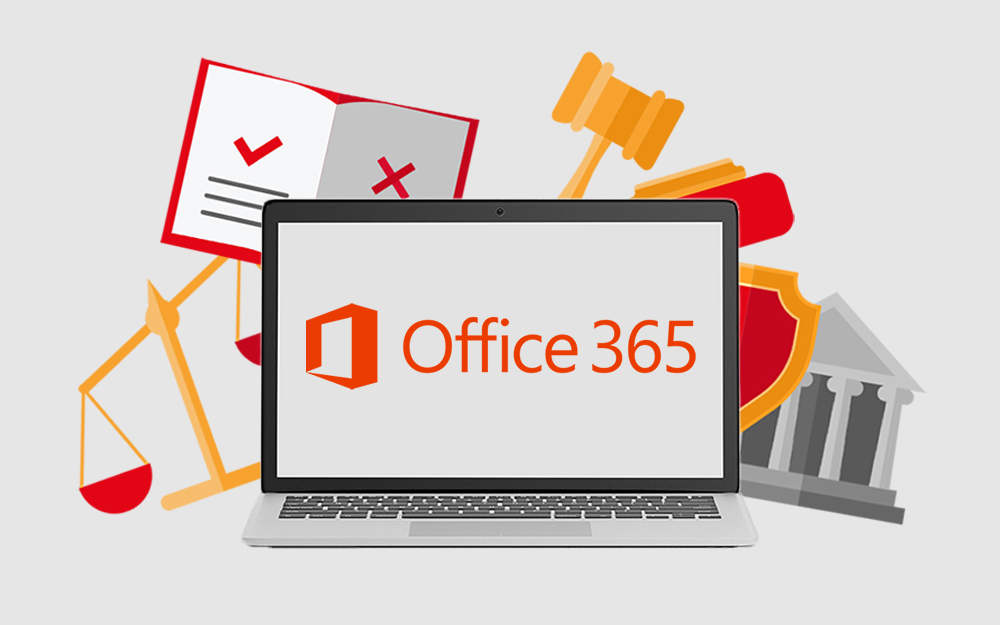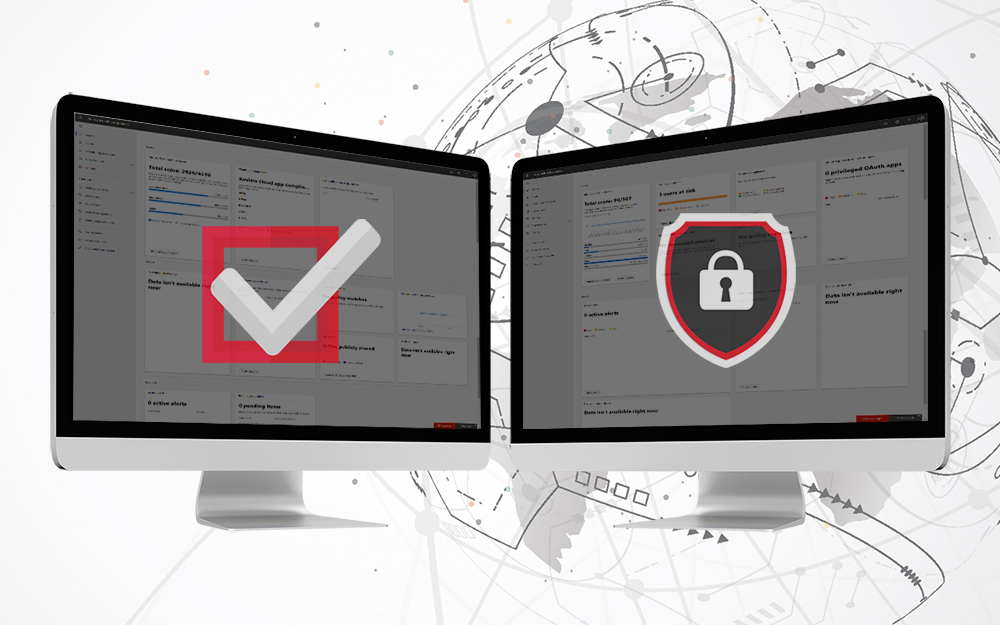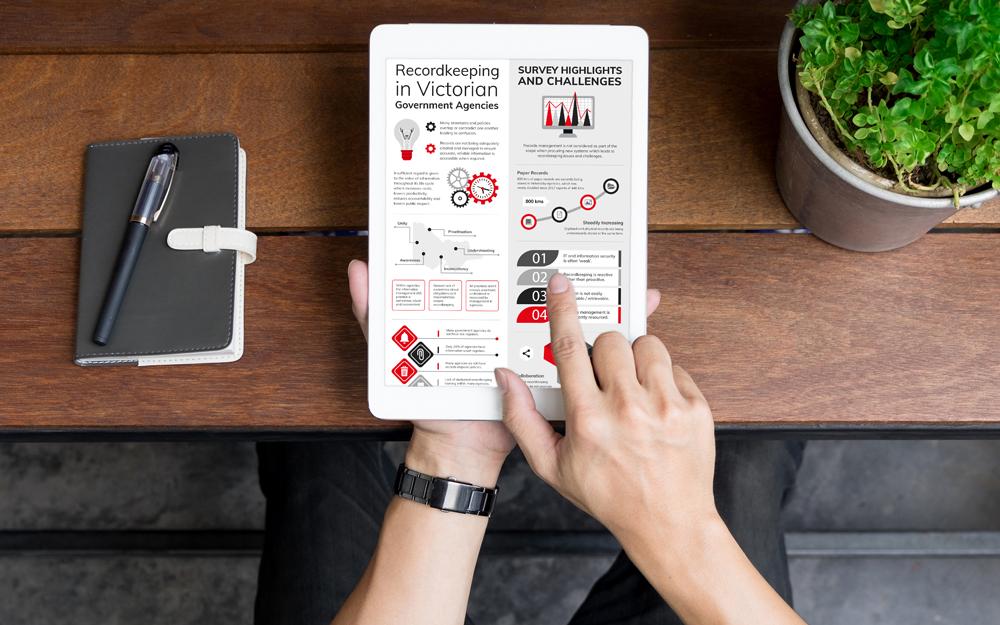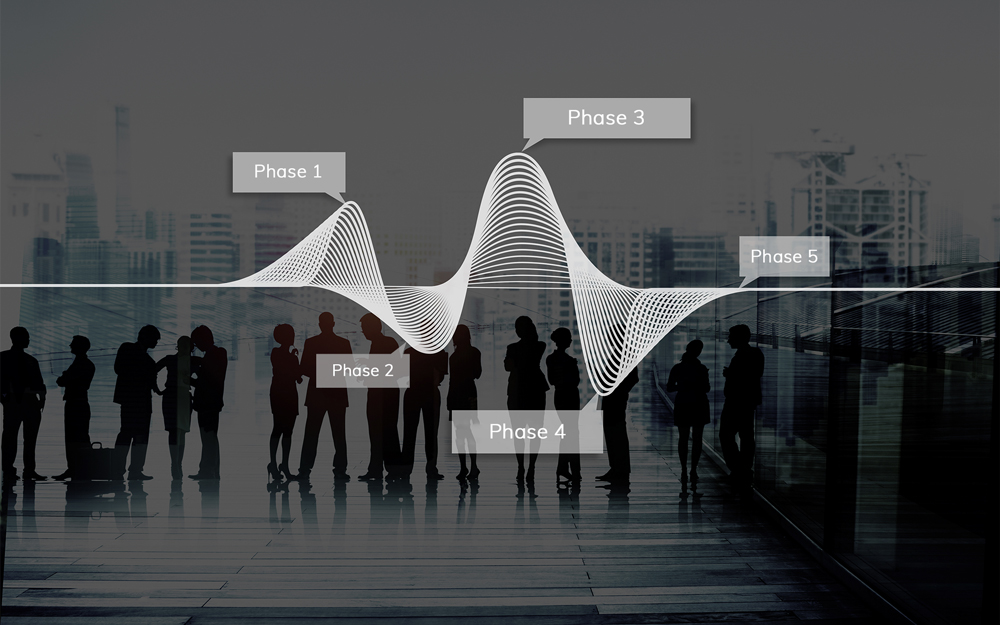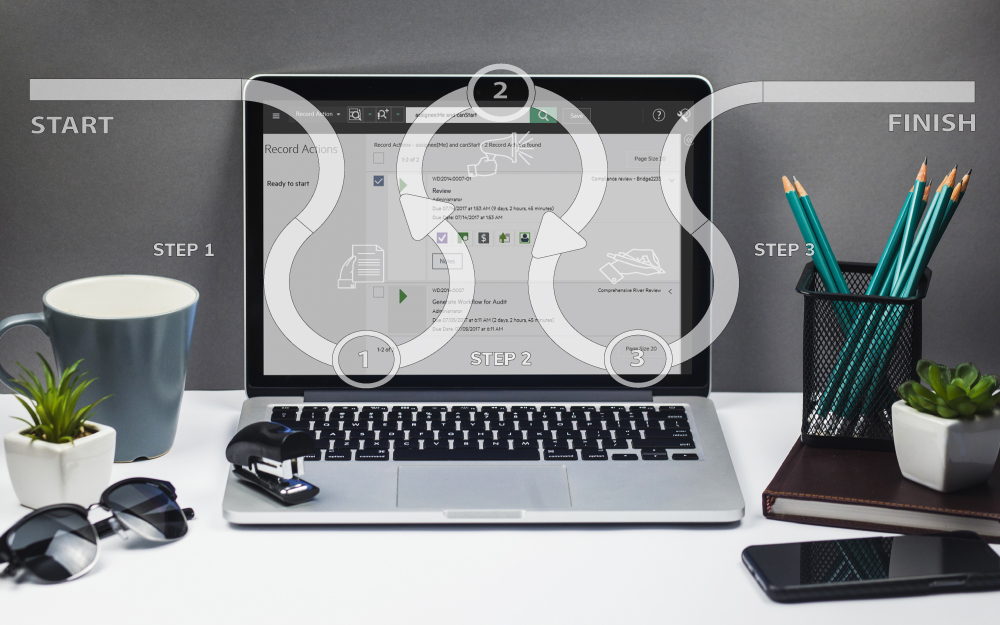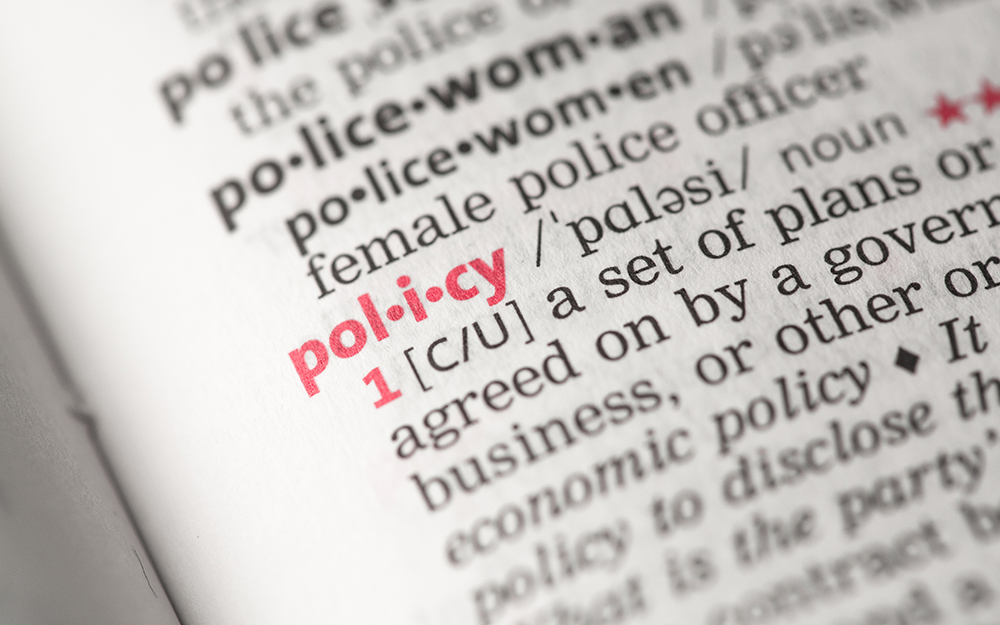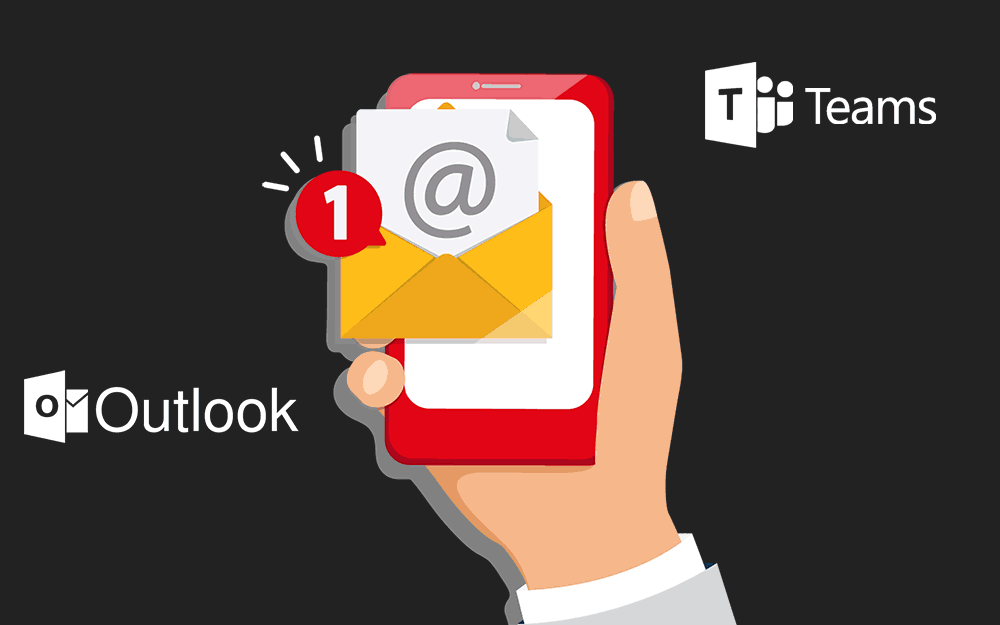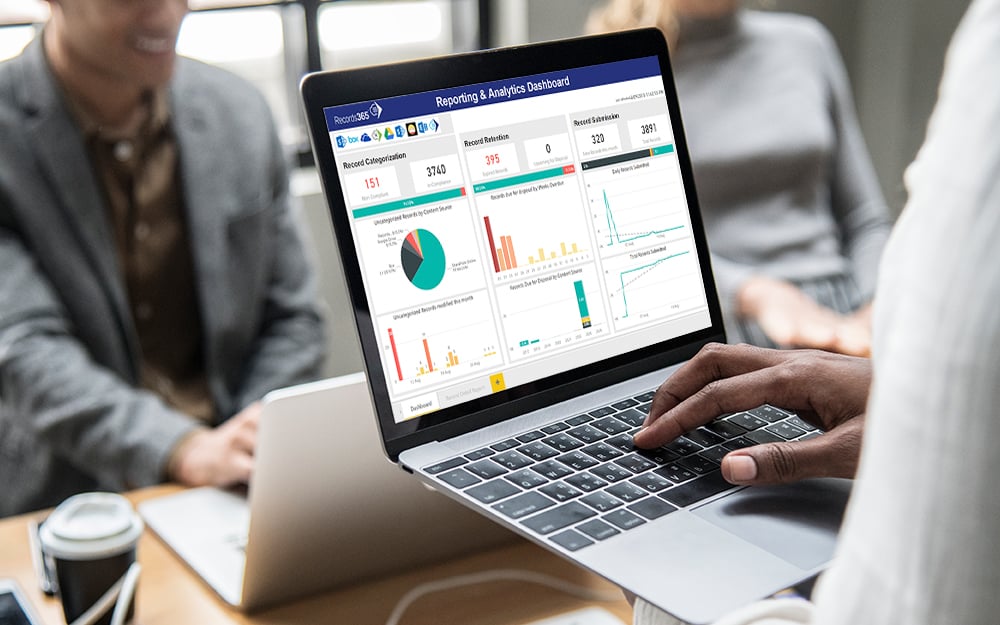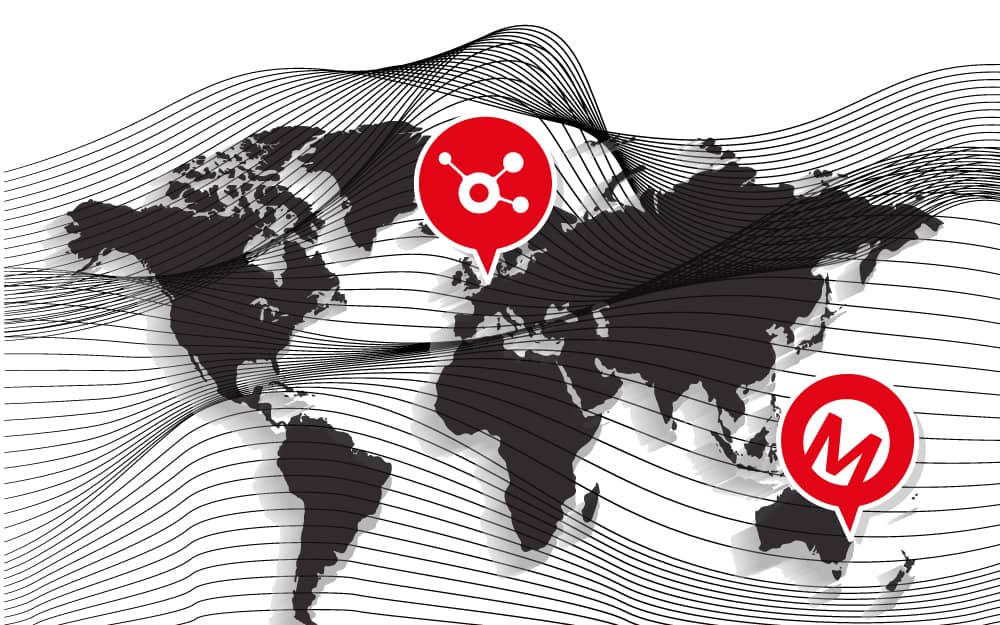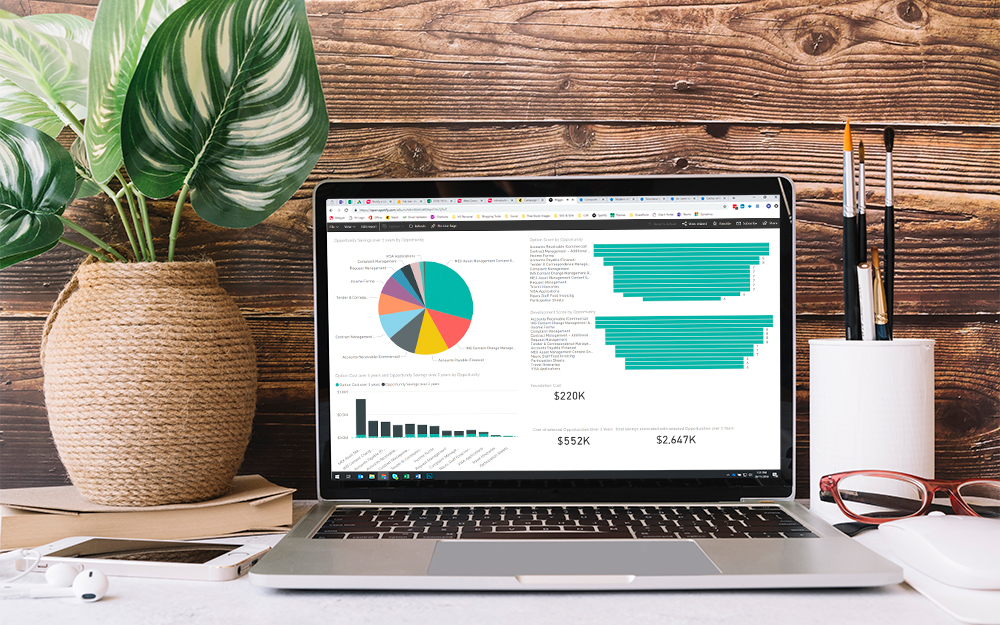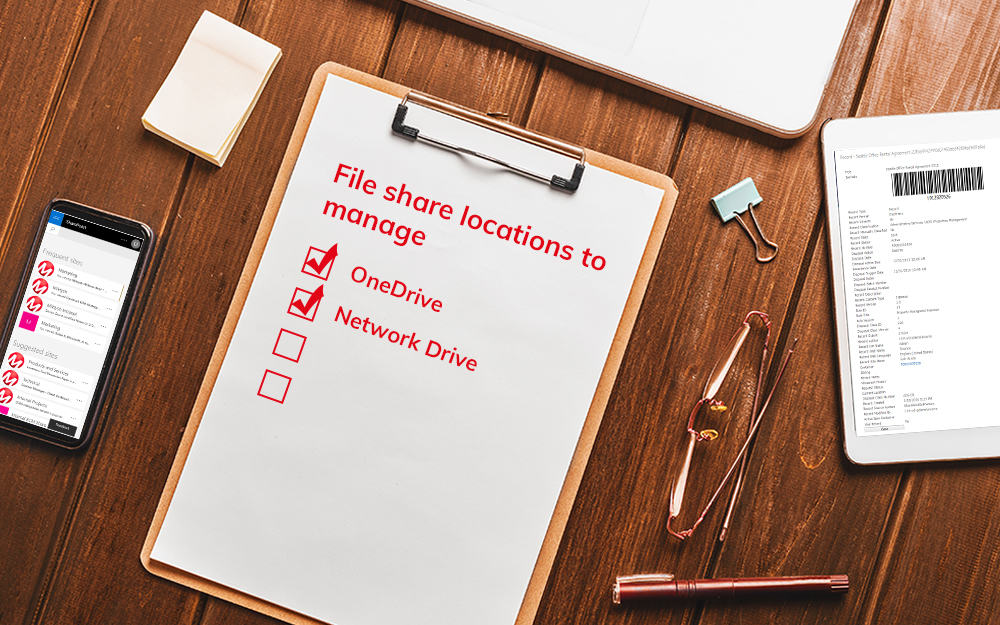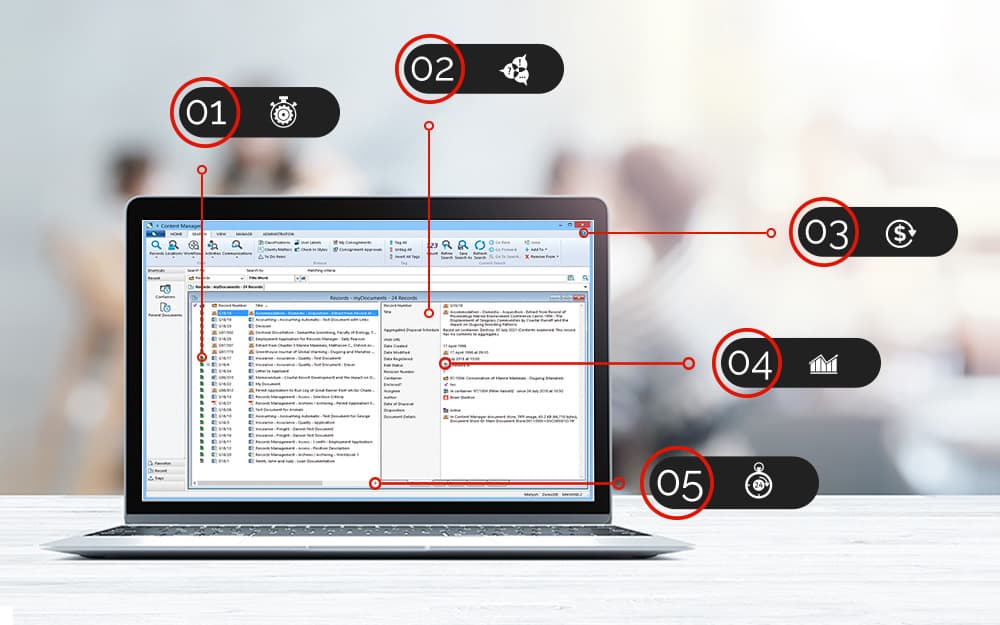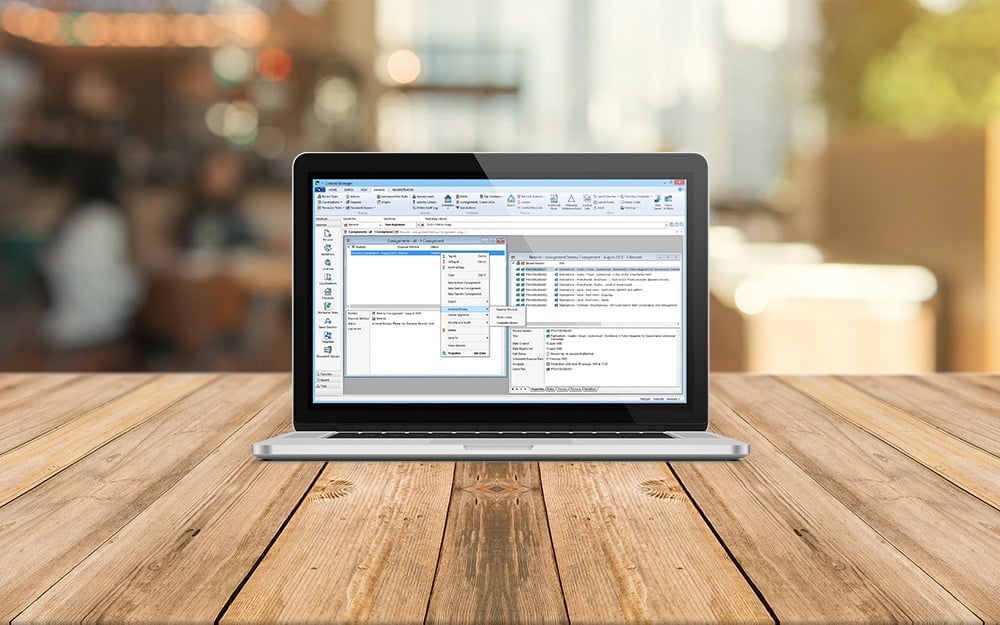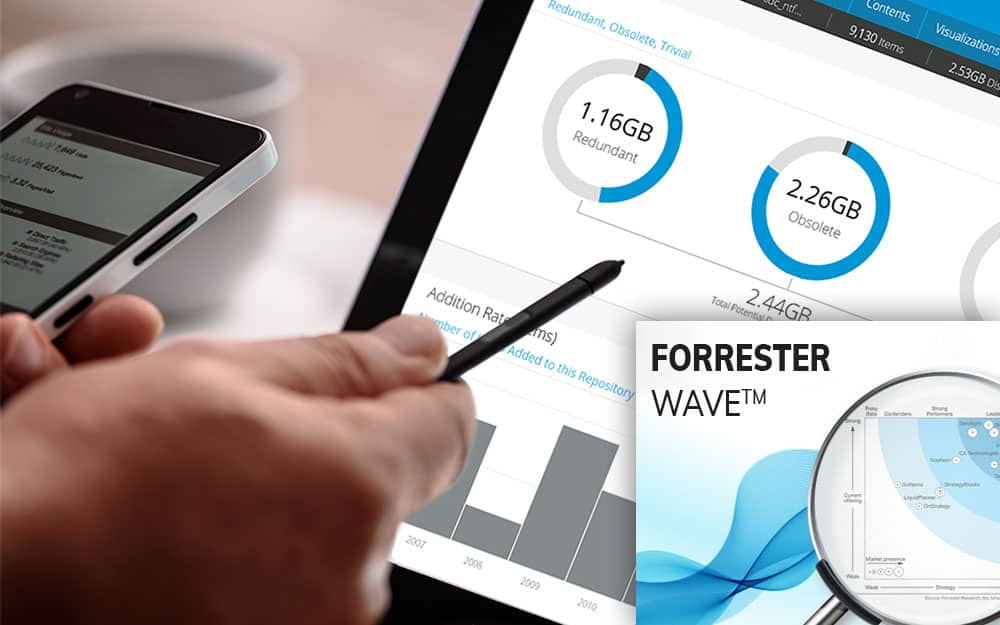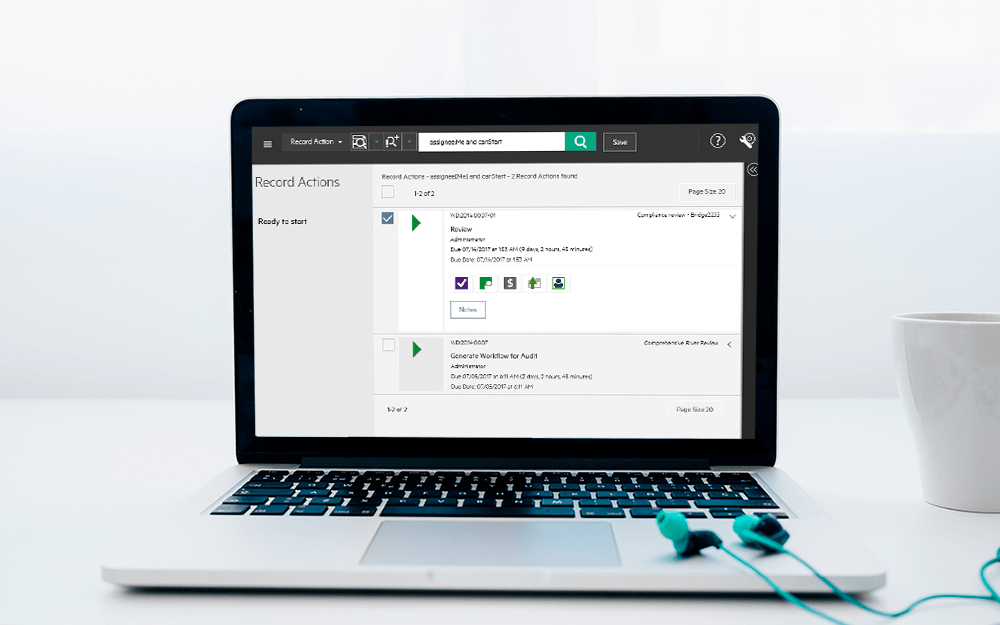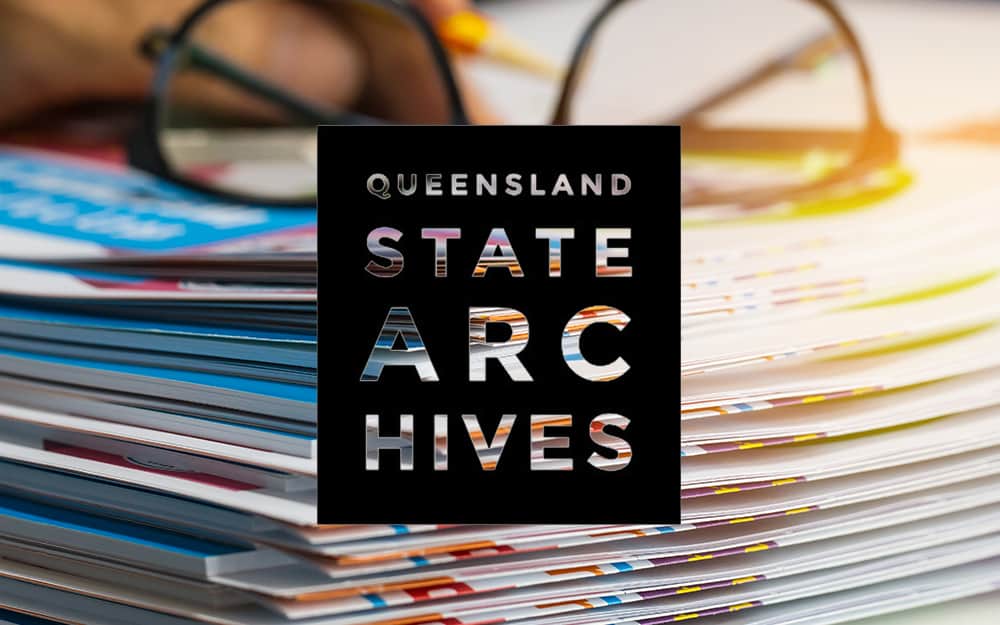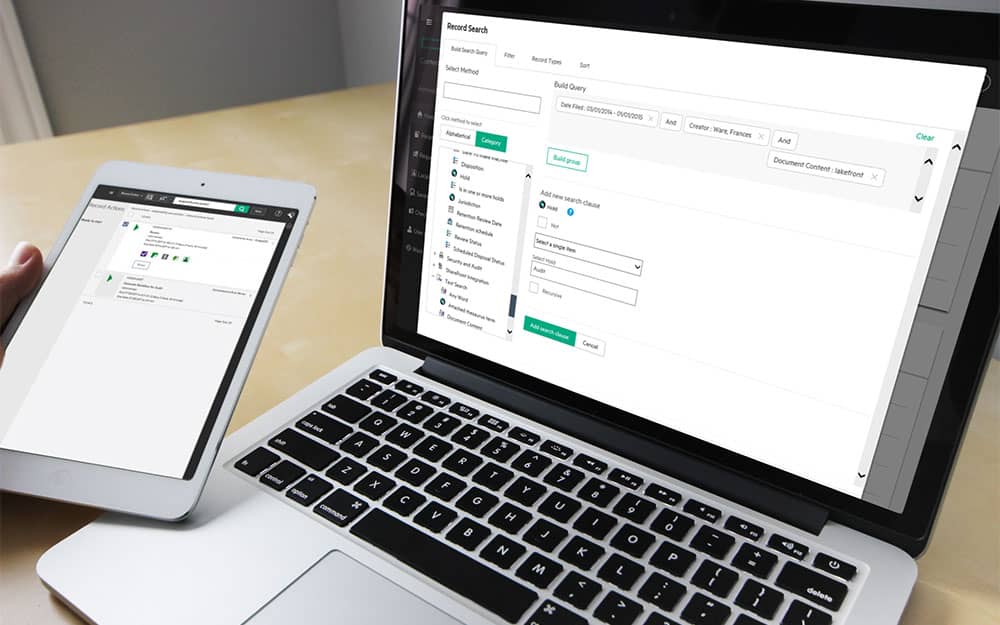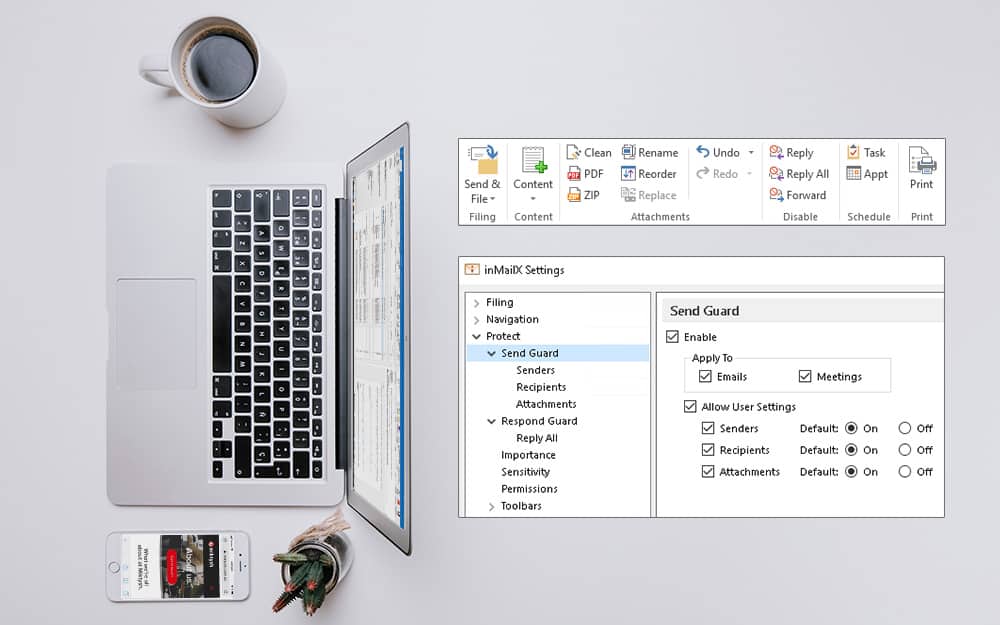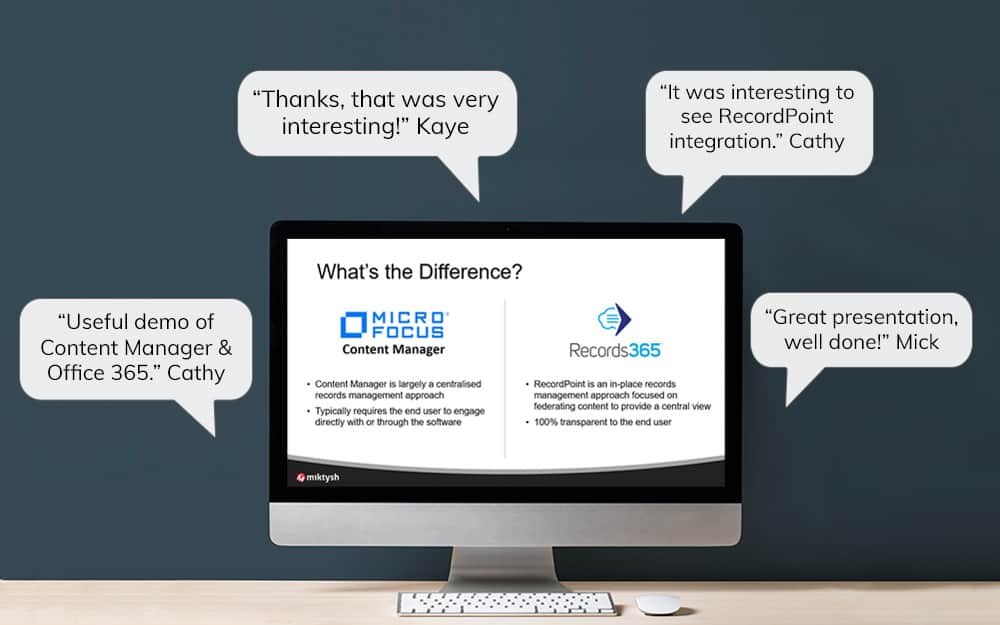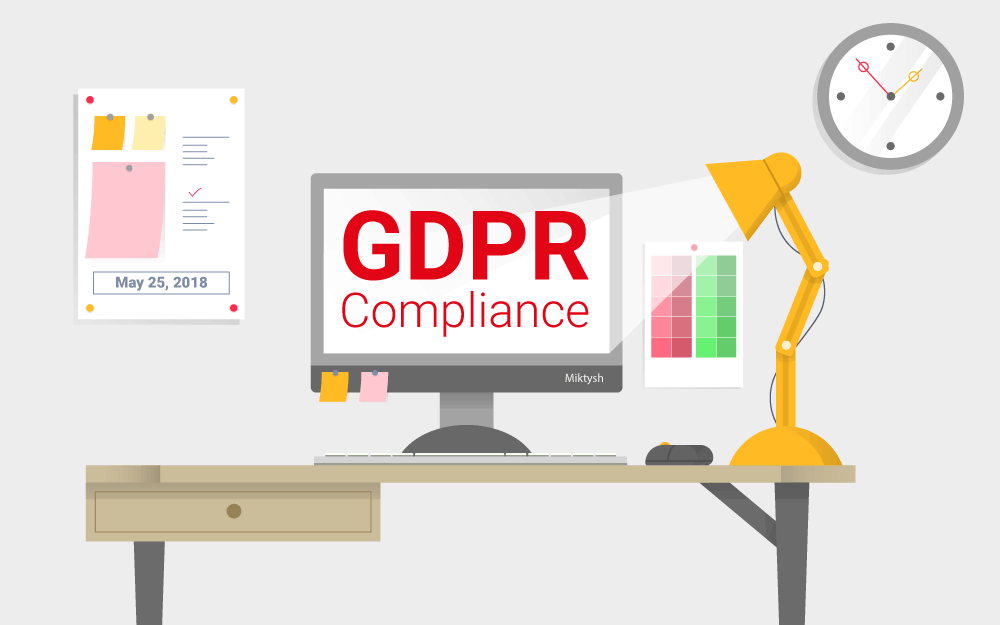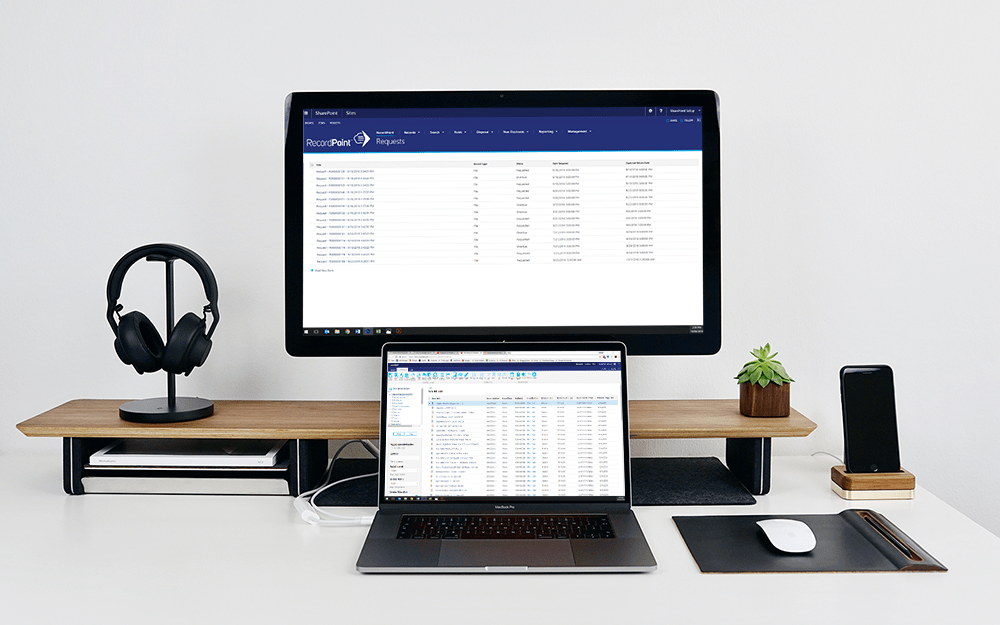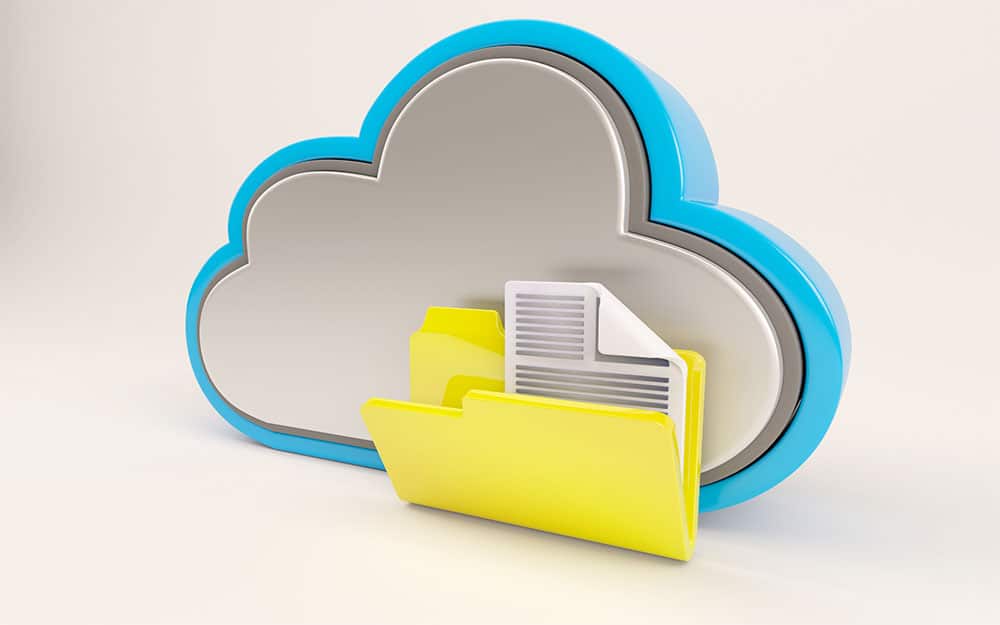Miktysh Blog.
Your go-to source for everything records management, eDRMS, Office 365, TRIM/Content Manager, RecordPoint, AvePoint, and EncompaaS related.
Categories
Topics
Data vs Information: What’s the Difference? (Infographic)
Jan 17, 2019 | Information Management, Records Management

In every decision you make, your brain is processing data and information both consciously and sub-consciously when you don’t even realise it. However, these two terms are often falsely conflated and incorrectly used interchangeably. There is a subtle distinction between data vs information that is important to know when developing an information strategy.
In a nutshell, data consists of raw, unorganised information such as a numerical figure, word or character, from which information can be extrapolated and interpreted only when given context. Data by itself tends to have very little meaning, whereas once it has been contextualised and interpreted, it gains meaning and is transformed into information. For example, the number 1122 by itself is a piece of data that has little to no meaning. If this same number however is used as a password, it now has meaning and becomes information. The following infographic provides a detailed example of a process in which data is transformed into information.
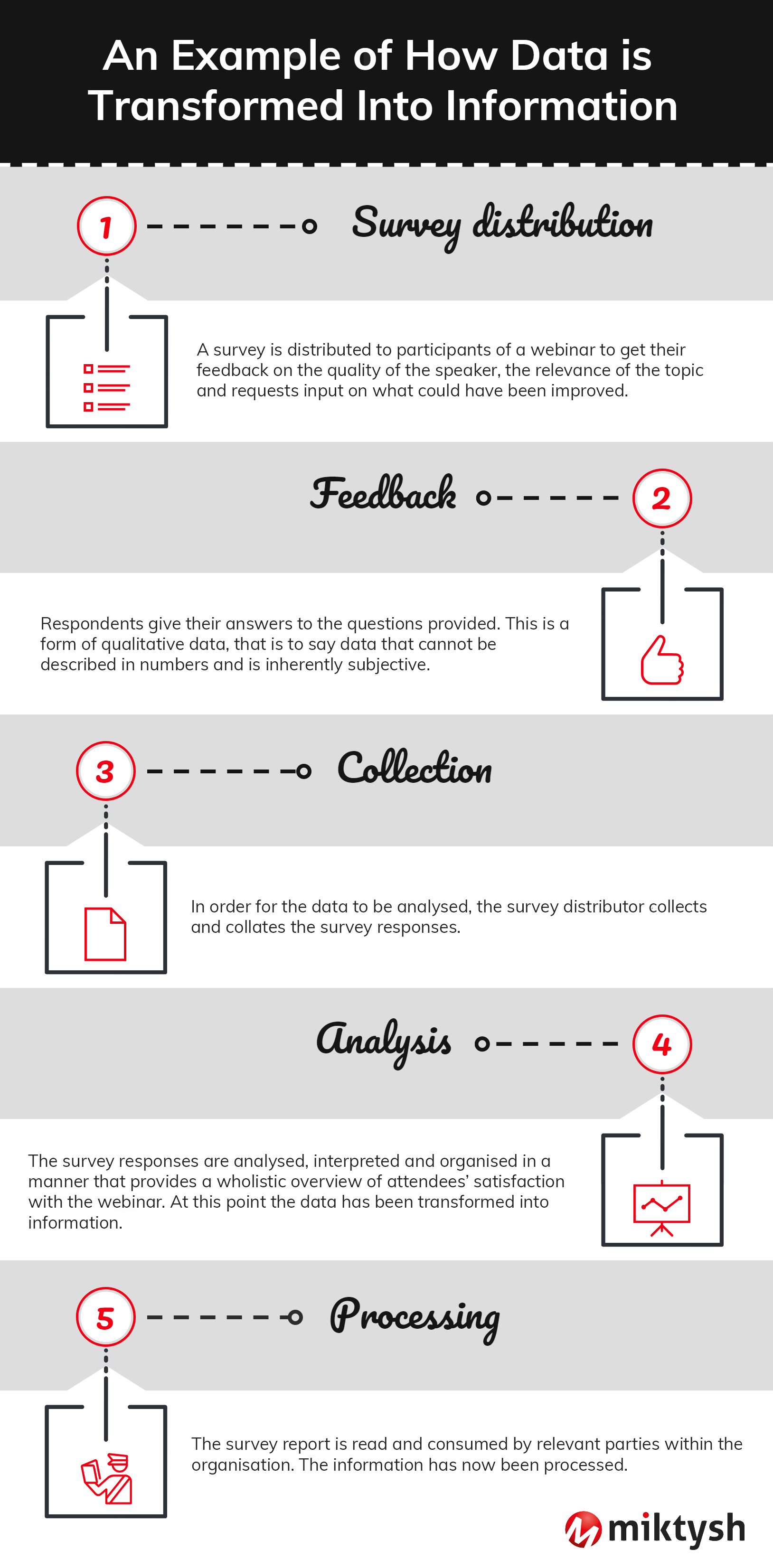
Another way of looking at the difference between data vs information, is in the context of a computer system. In this scenario, data would be the input and what the computer spits out would be information, i.e. the output. This means that information is dependent on data, but data is not dependent on information.
Examples of data include, the time and date of a transaction, the value of a transaction, what product was purchased and in what quantity, and how payment was made. On a deeper level, data can be further broken down into two types; structured and unstructured data. Structured data can be defined as well organised information that can be easily searched, analysed and classified. Unstructured data, on the other hand, comprises of pretty much everything else, and isn’t structured using a schema or data model. Types of unstructured data include such things as text files, conversations and audio clips. You can read more about the difference between structured and unstructured data here.
Conversely, an example of information within a business setting would be identifying that sales from the U.S. are increasing, whilst sales from Australia are decreasing. In a business and organisational context, information has a variety of purposes. This can include obtaining information about markets, competitors and business resources. It also includes information about sales, costs, profits and cash-flow forecasts that assist in measuring and predicting business performance.
As the volume of data generated each day continues to significantly increase with technology, the ability to manage data and information effectively has become an essential part of organisational operations. Our team specialises in helping clients harness the power of their data through improved information management processes and procedures, information architecture, and the use of tools such as SharePoint, RecordPoint, ControlPoint, Structured Data Manager and more. Get in touch with our team if you’d like to discuss how we can help streamline operations and improve the way your team works.

Liza Tinker
Business Consultant
Liza is a SharePoint consultant with over 15 years’ experience in the private and public sector in the use and delivery of SharePoint and other collaboration solutions using Microsoft 365. She is passionate about technology and improving productivity and quality through collaboration and innovation.
Follow us on social
Popular content.

Analytics Driven Information Governance
14.07.2021

The New Normal Requires Zero Trust
27.06.2021
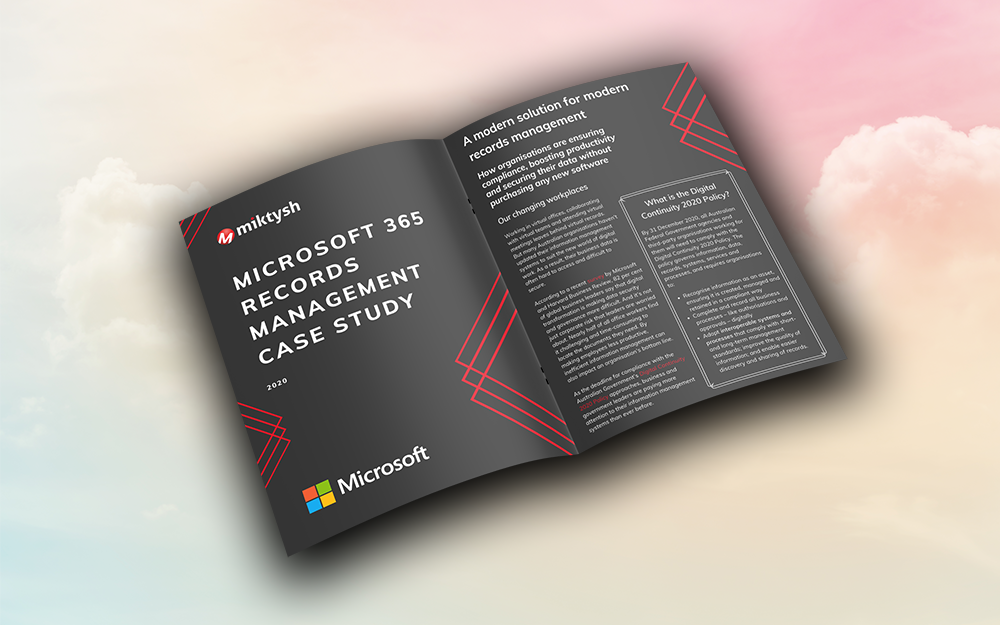
Microsoft 365 Records Management Whitepaper
06.11.2020

Micro Focus Launches Content Manager Select
28.05.2020
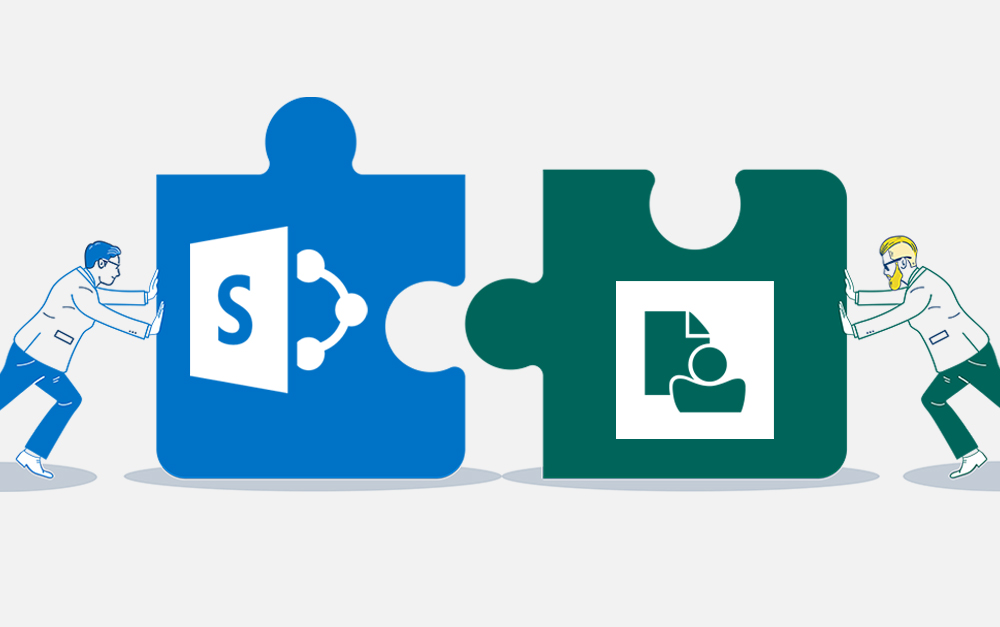
Content Manager SharePoint Integration Demo
20.05.2020
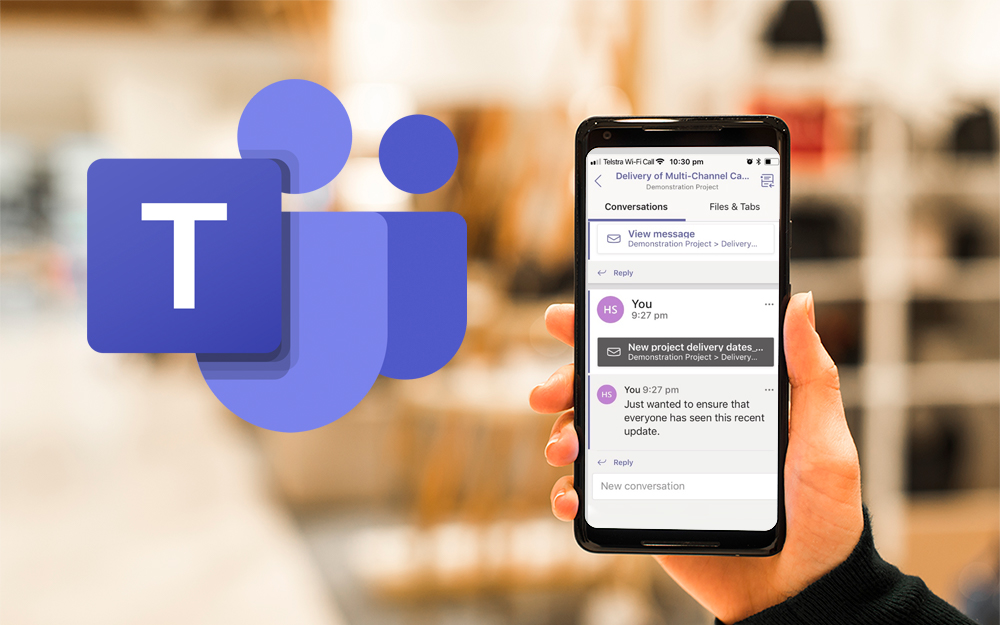
Top 7 Hidden Features in Microsoft Teams
11.02.2020
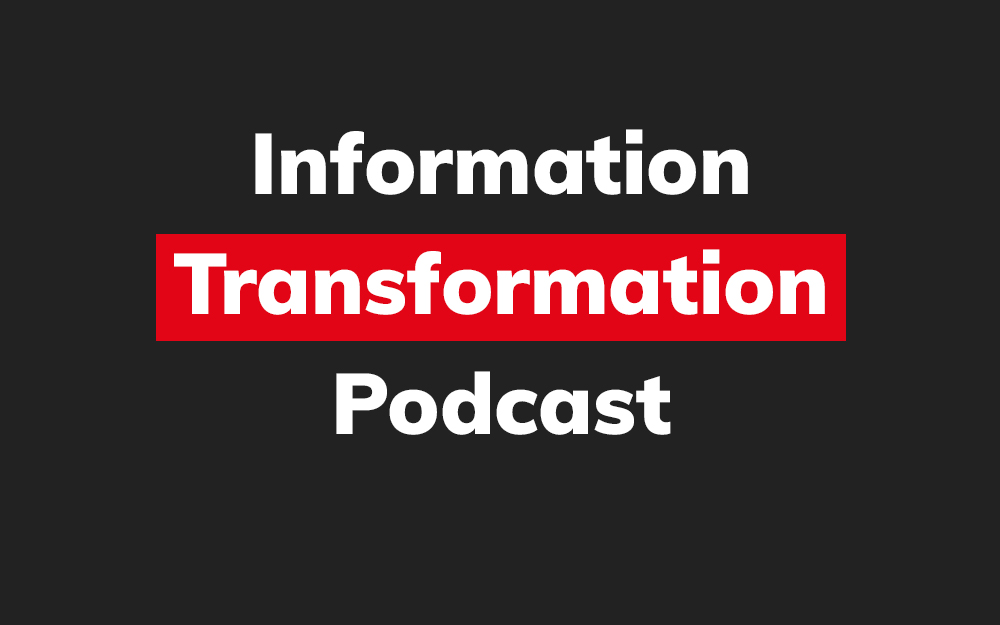
Integrate Content Manager with SharePoint
15.01.2020

Information Management Strategy Example
06.12.2019

How to Approach a Digital Transformation
13.11.2019
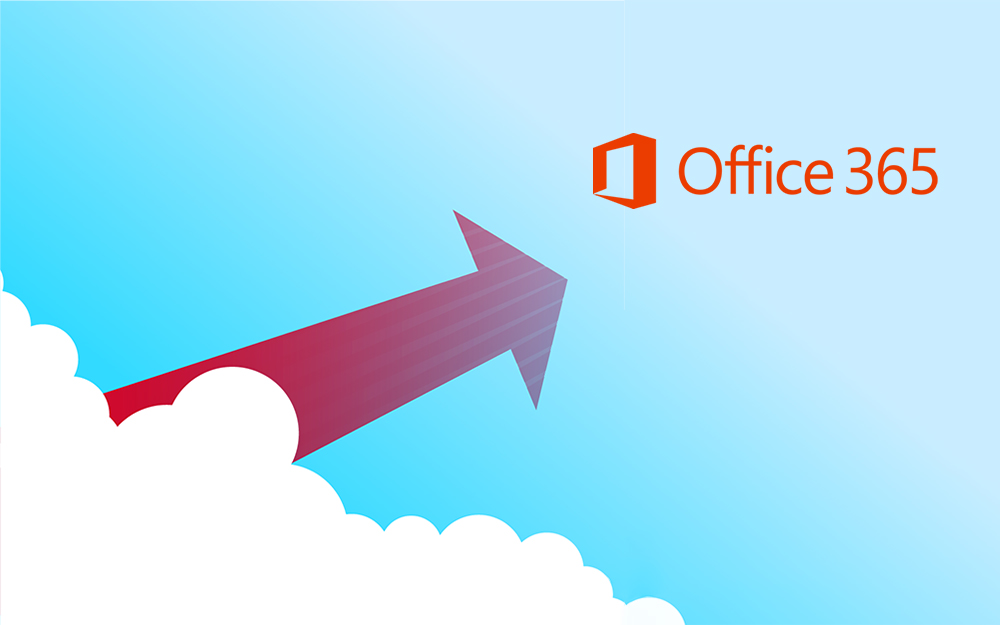
Top 5 Benefits of Migrating to Office 365
10.10.2019
Content Manager 9.4 Web Client
19.09.2019

Content Manager 9.4 Sneak Peek – Video Demo
02.09.2019

What Version of SharePoint is on Office 365?
27.06.2019
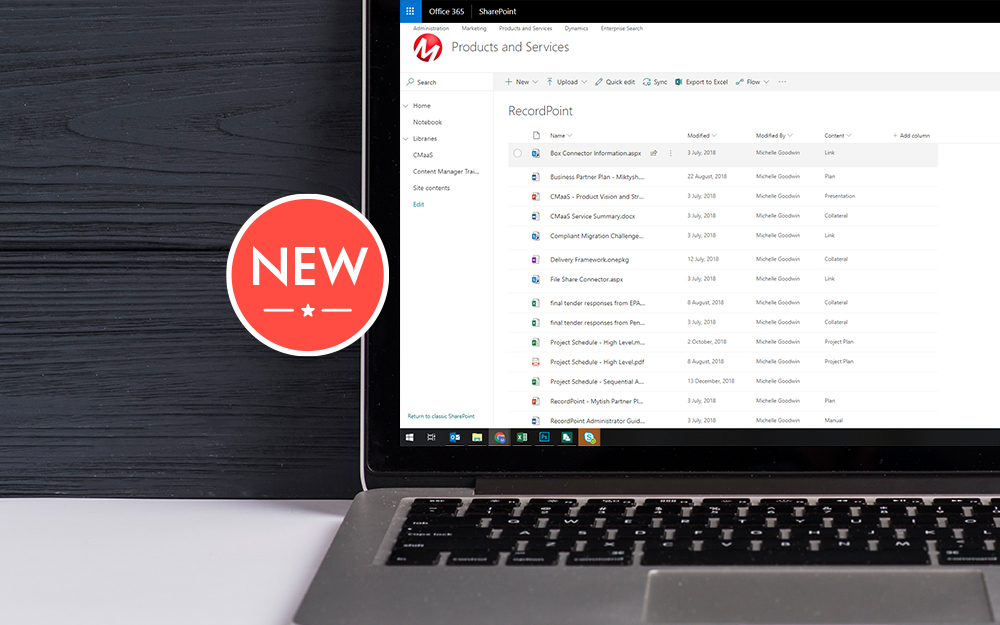
New SharePoint 2019 Features
08.03.2019

Data Migration Validation Best Practices
08.02.2019

Cloud Governance – RIMPA Queensland Event
27.09.2018

RecordPoint Records365 Demo
09.05.2018

How RecordPoint Enhances Office 365
09.05.2018

6 GDPR Tools to Assist with GDPR Compliance
17.04.2018

Analytics Driven Information Governance
14.07.2021

The New Normal Requires Zero Trust
27.06.2021

Microsoft 365 Records Management Whitepaper
06.11.2020

Micro Focus Launches Content Manager Select
28.05.2020

Content Manager SharePoint Integration Demo
20.05.2020

Top 7 Hidden Features in Microsoft Teams
11.02.2020

Integrate Content Manager with SharePoint
15.01.2020

Information Management Strategy Example
06.12.2019

How to Approach a Digital Transformation
13.11.2019

Top 5 Benefits of Migrating to Office 365
10.10.2019
Content Manager 9.4 Web Client
19.09.2019

Content Manager 9.4 Sneak Peek – Video Demo
02.09.2019

What Version of SharePoint is on Office 365?
27.06.2019

New SharePoint 2019 Features
08.03.2019

Data Migration Validation Best Practices
08.02.2019

Cloud Governance – RIMPA Queensland Event
27.09.2018

RecordPoint Records365 Demo
09.05.2018

How RecordPoint Enhances Office 365
09.05.2018

6 GDPR Tools to Assist with GDPR Compliance
17.04.2018
